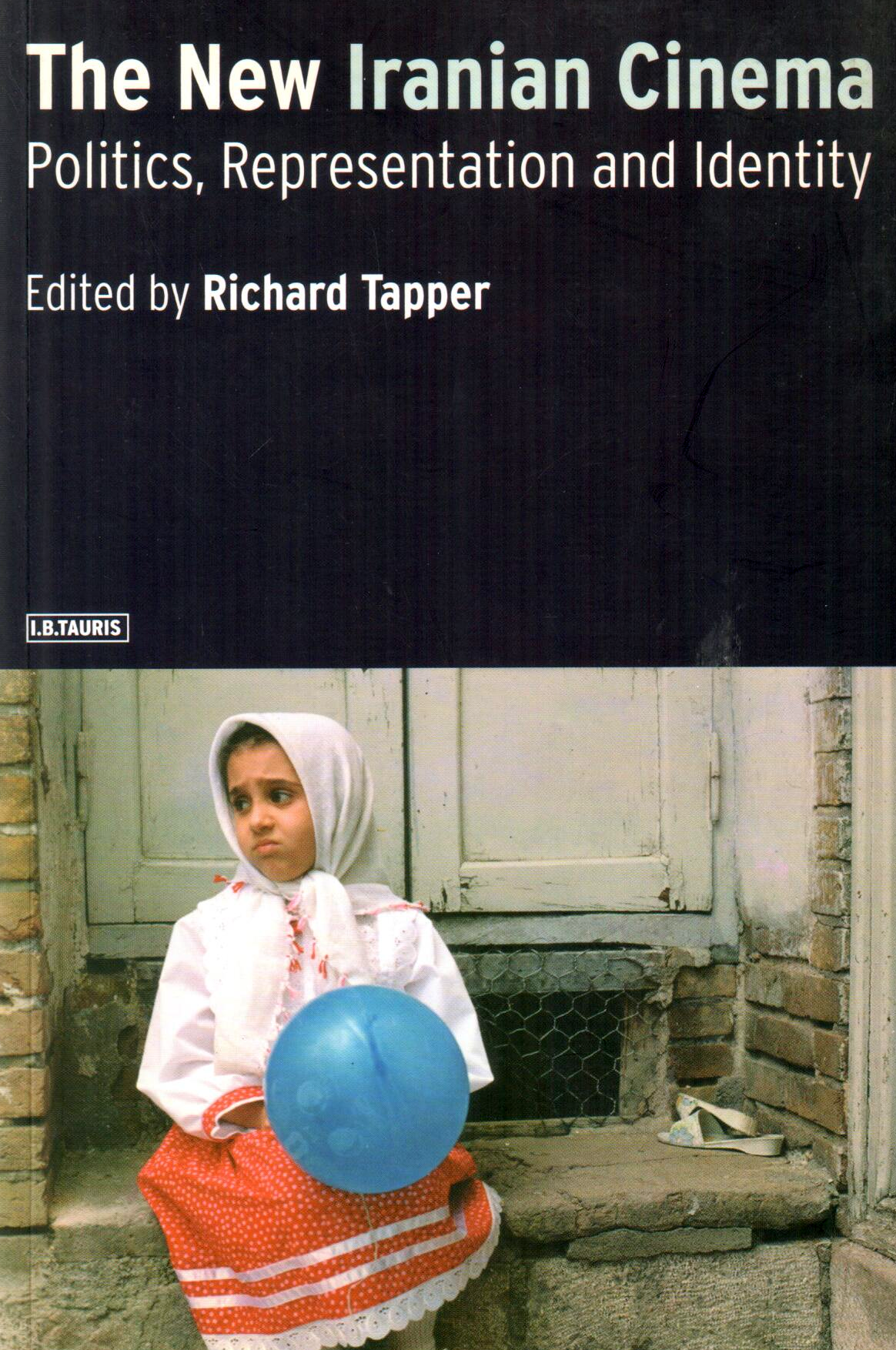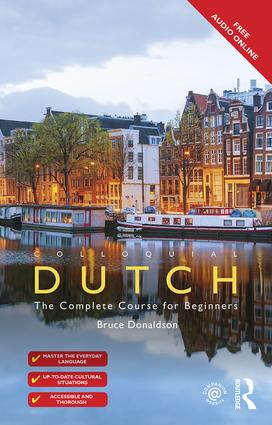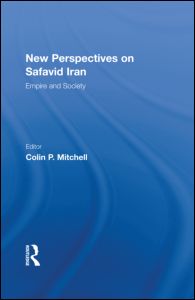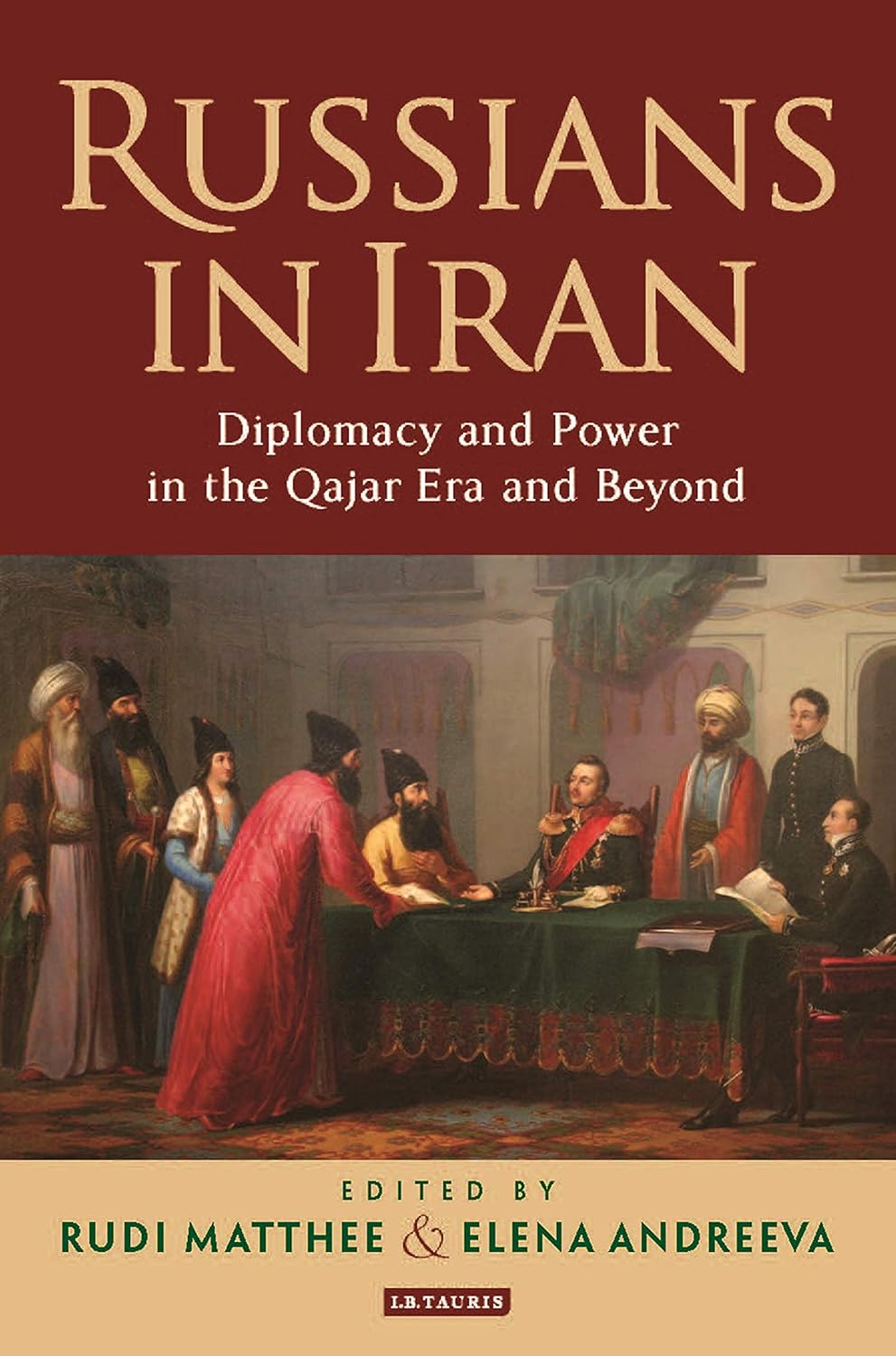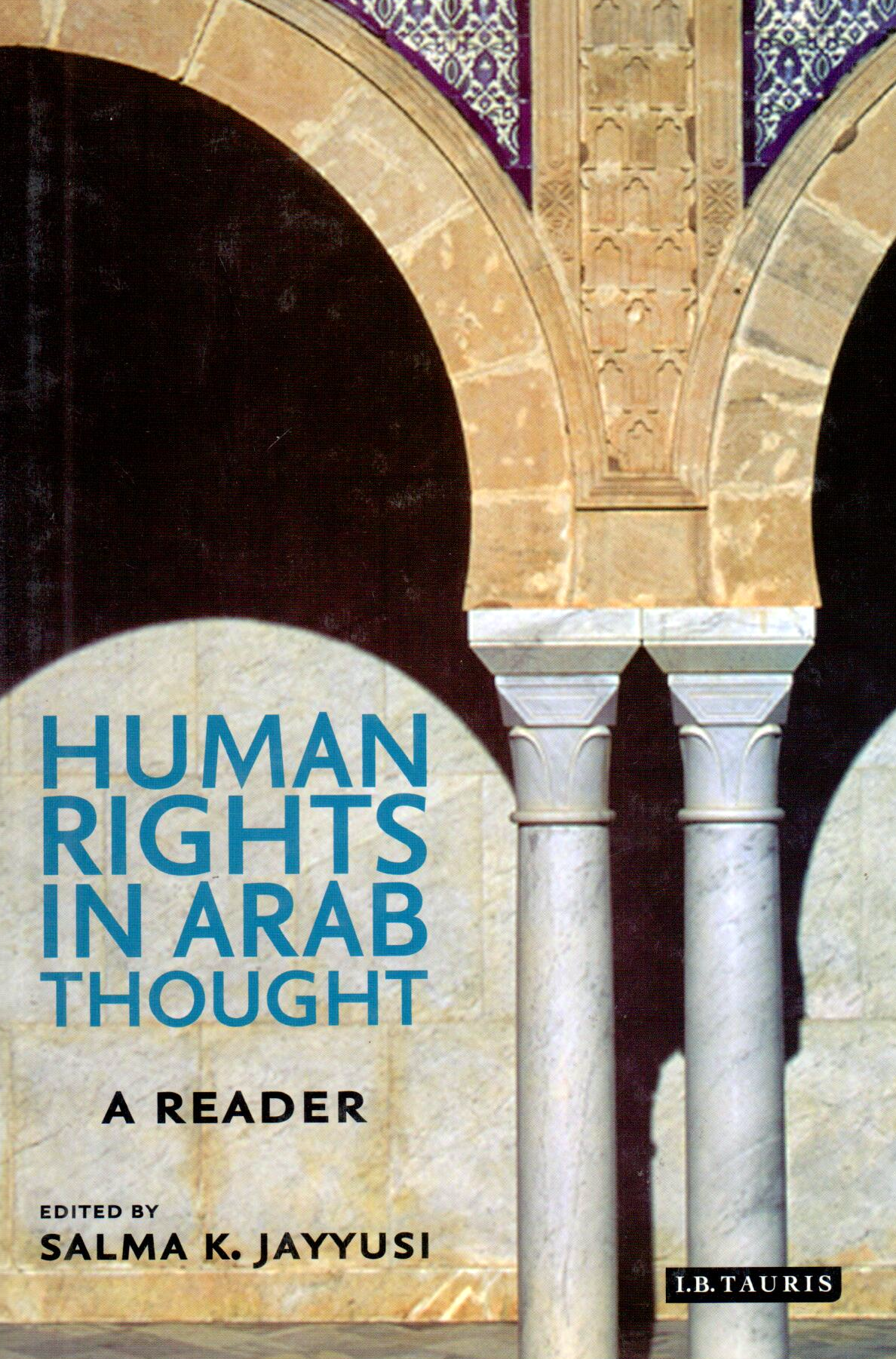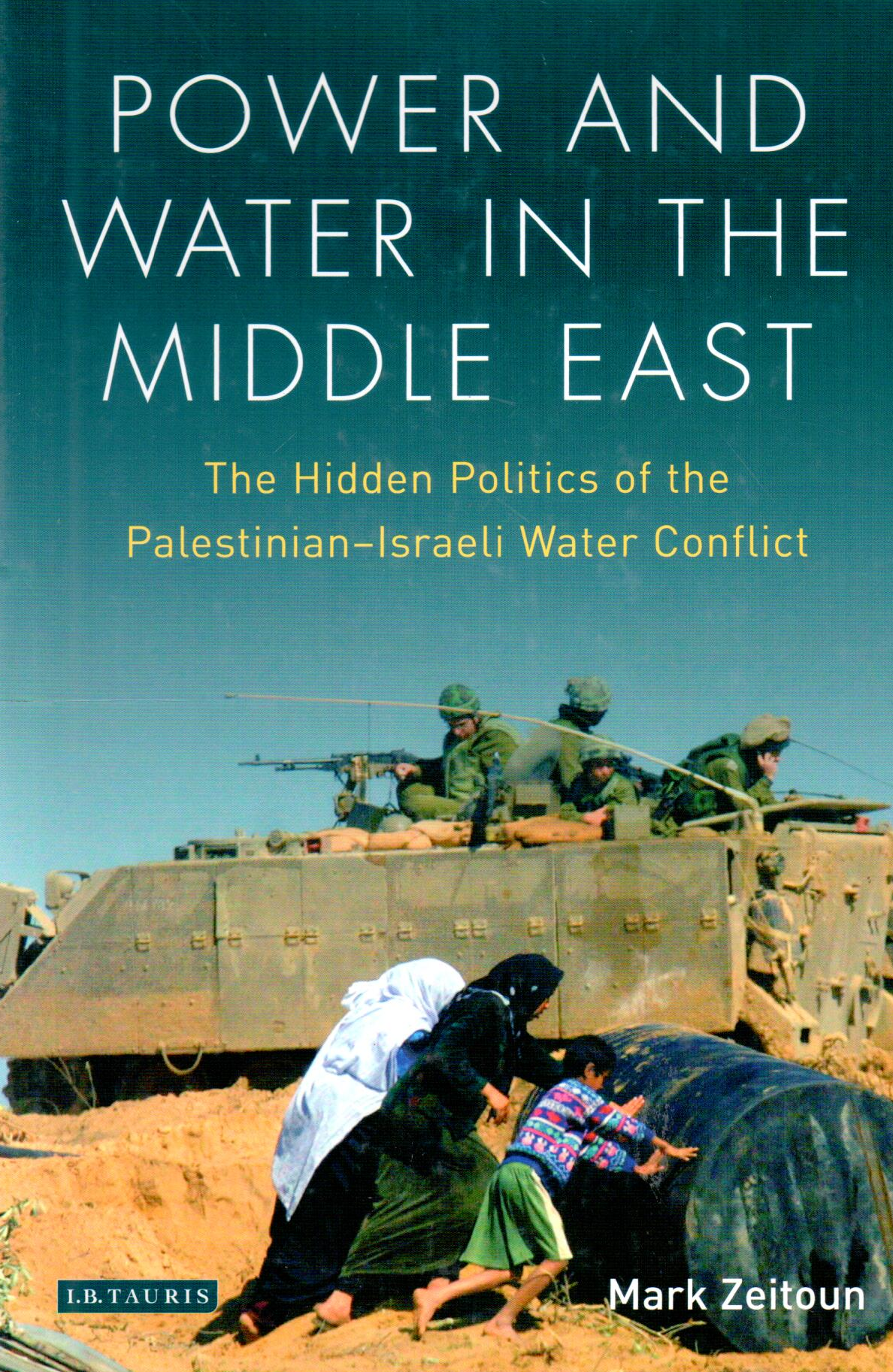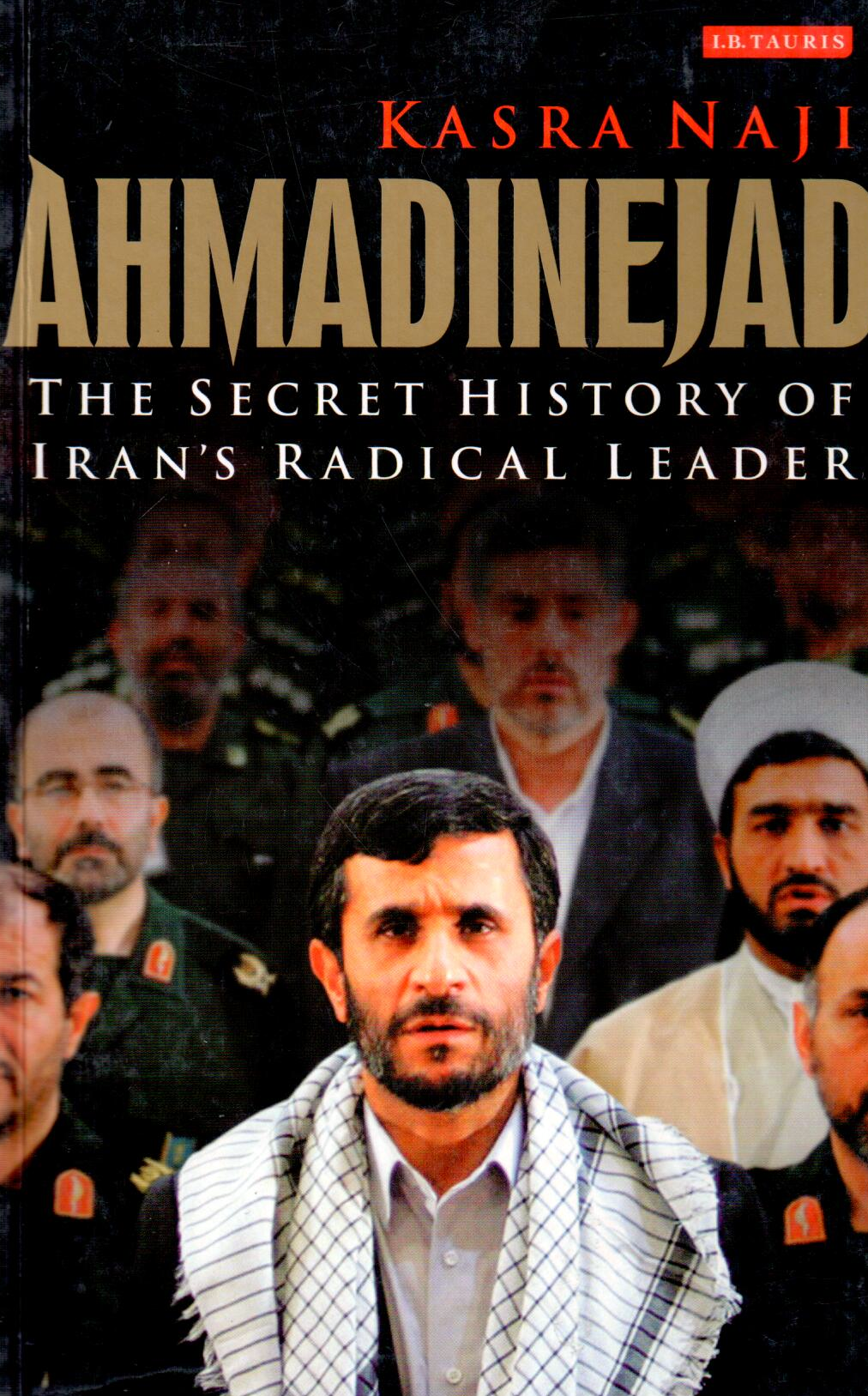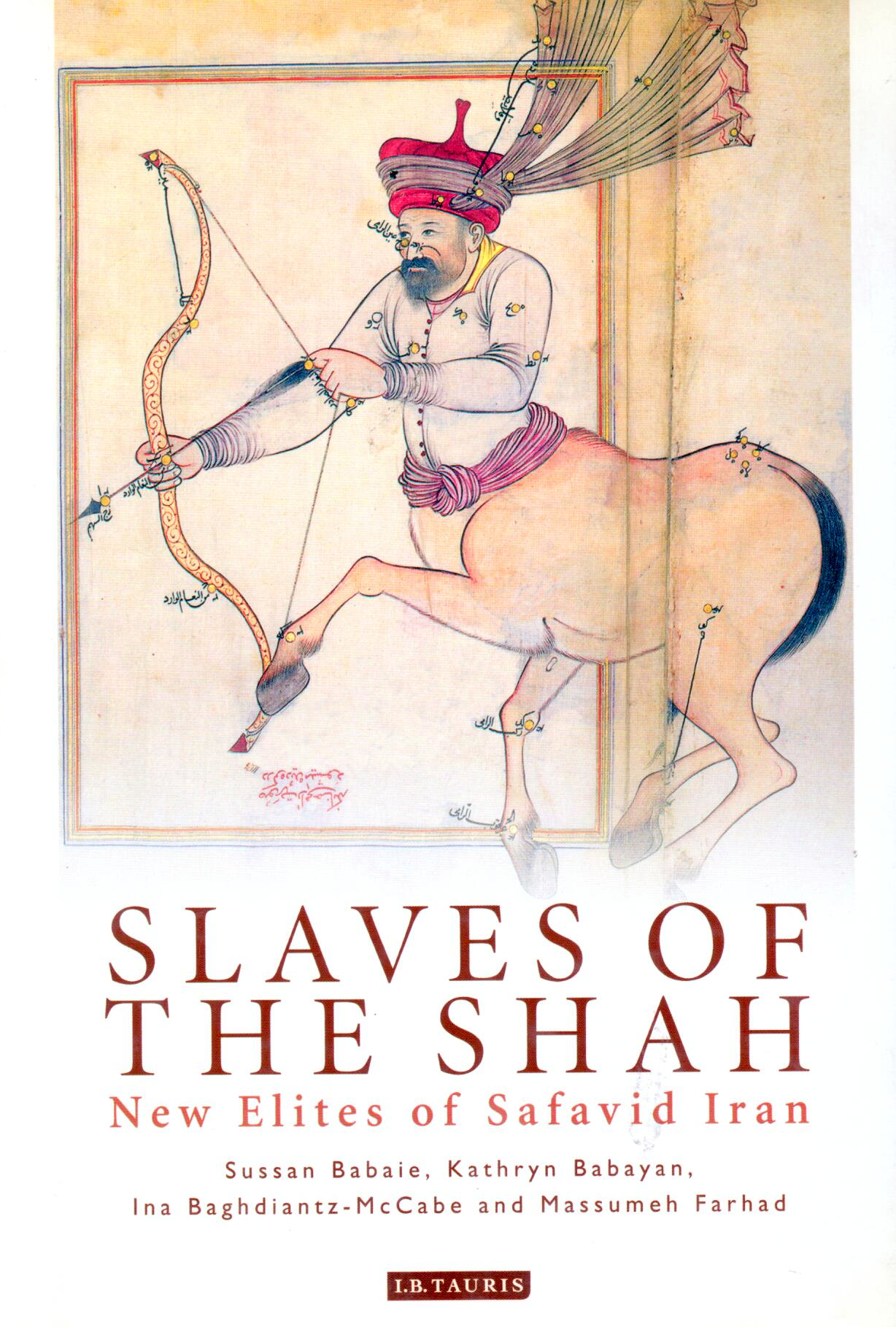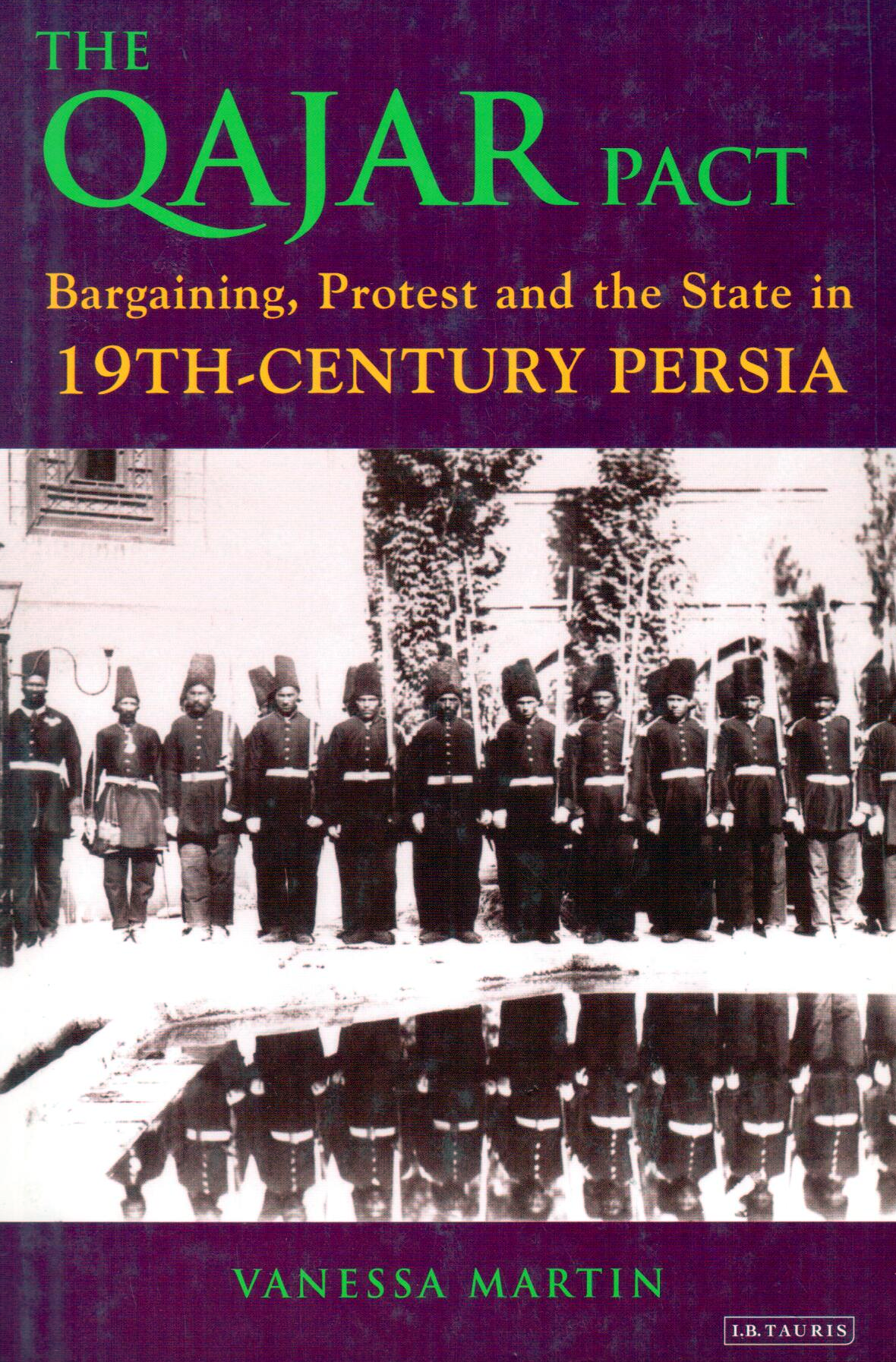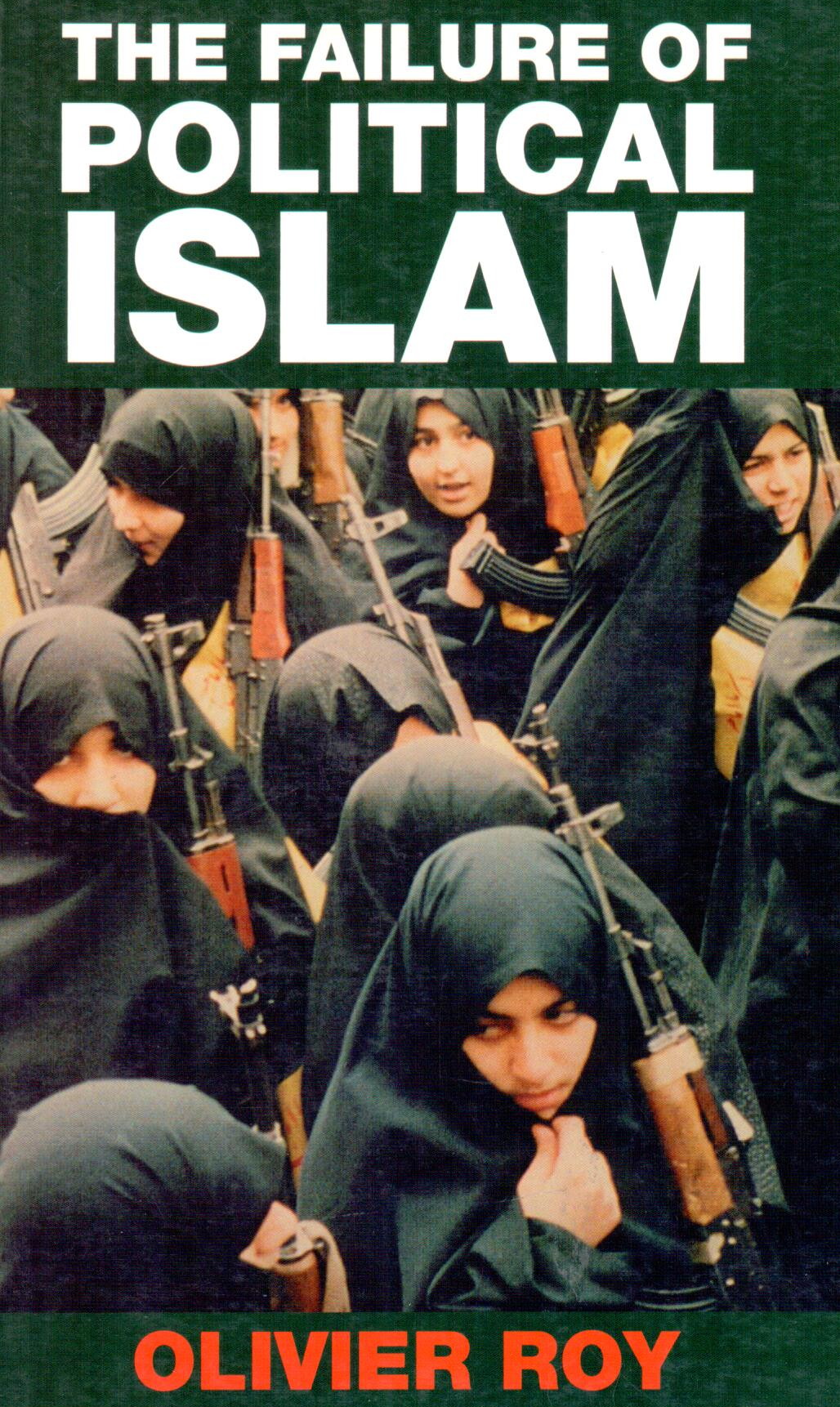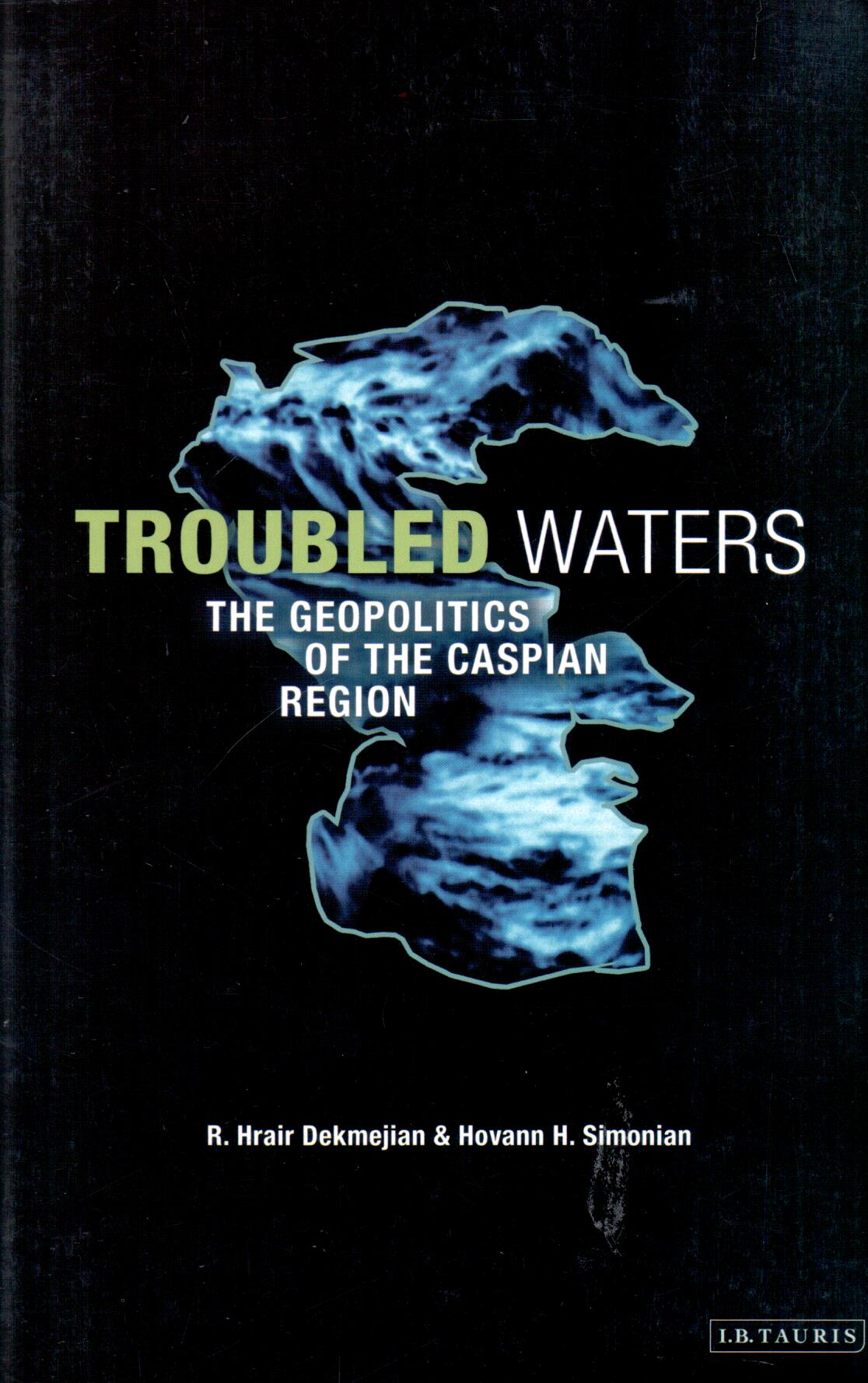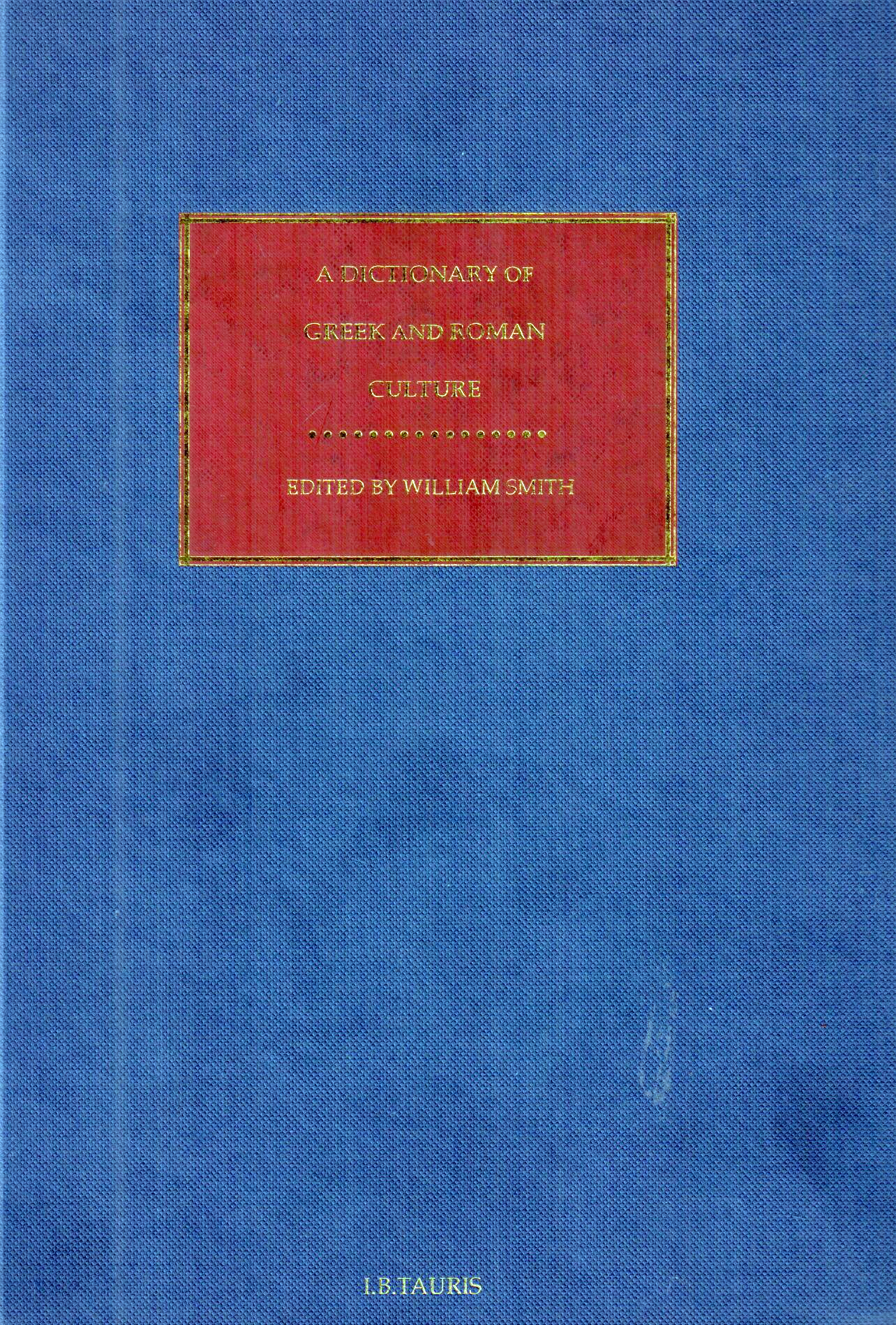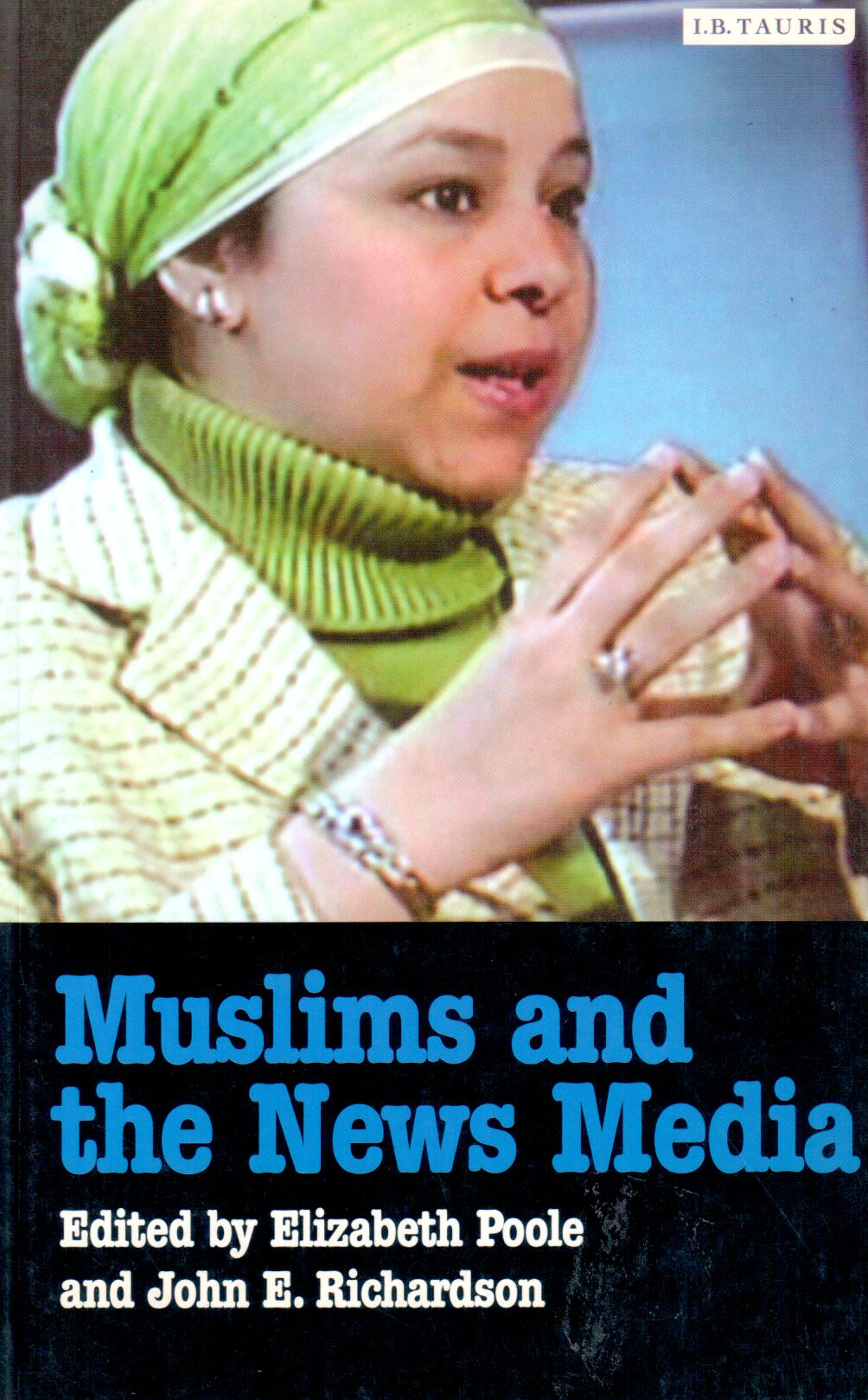سیاست، بازنمایی و هویت نوین سینمای ایران انگلیسی 2002
The New Iranian Cinema Politics, Representation and Identity
26٫00 £
اشتراکگذاری
Wishlist
عنوان اصلی:
The New Iranian Cinema Politics
,
Representation and Identity
شابک:
9781860648045
ناشر:
I.B. Tauris
گروه سنی:
بزرگسال
صفحات:
282
وزن:
472 g
جلد کتاب:
شومیز
Iranian cinema is today widely recognized not merely as a distinctive national cinema, but as one of the most innovative in the world. Established masters like Abbas Kiarostami and Mohsen Makhmalbaf have been joined by newcomers like Samira Makhmalbaf, Majid Majidi, Ja'far Qobadi and Bahman Qobadi, all directors whose films are screened to increasing acclaim in international festivals. This international stature both fascinates Western observers and appears paradoxical in line with perceptions of Iran as anti-modern. The largely Iranian contributors to this book look in depth at how Iranian cinema became a true 'world cinema'. From a range of perspectives, they explore cinema's development in post Revolution Iran and its place in Iranian culture.
more
Iranian cinema is today widely recognized not merely as a distinctive national cinema, but as one of the most innovative in the world. Established masters like Abbas Kiarostami and Mohsen Makhmalbaf have been joined by newcomers like Samira Makhmalbaf, Majid Majidi, Ja'far Qobadi and Bahman Qobadi, all directors whose films are screened to increasing acclaim in international festivals. This international stature both fascinates Western observers and appears paradoxical in line with perceptions of Iran as anti-modern. The largely Iranian contributors to this book look in depth at how Iranian cinema became a true 'world cinema'. From a range of perspectives, they explore cinema's development in post Revolution Iran and its place in Iranian culture.
more

